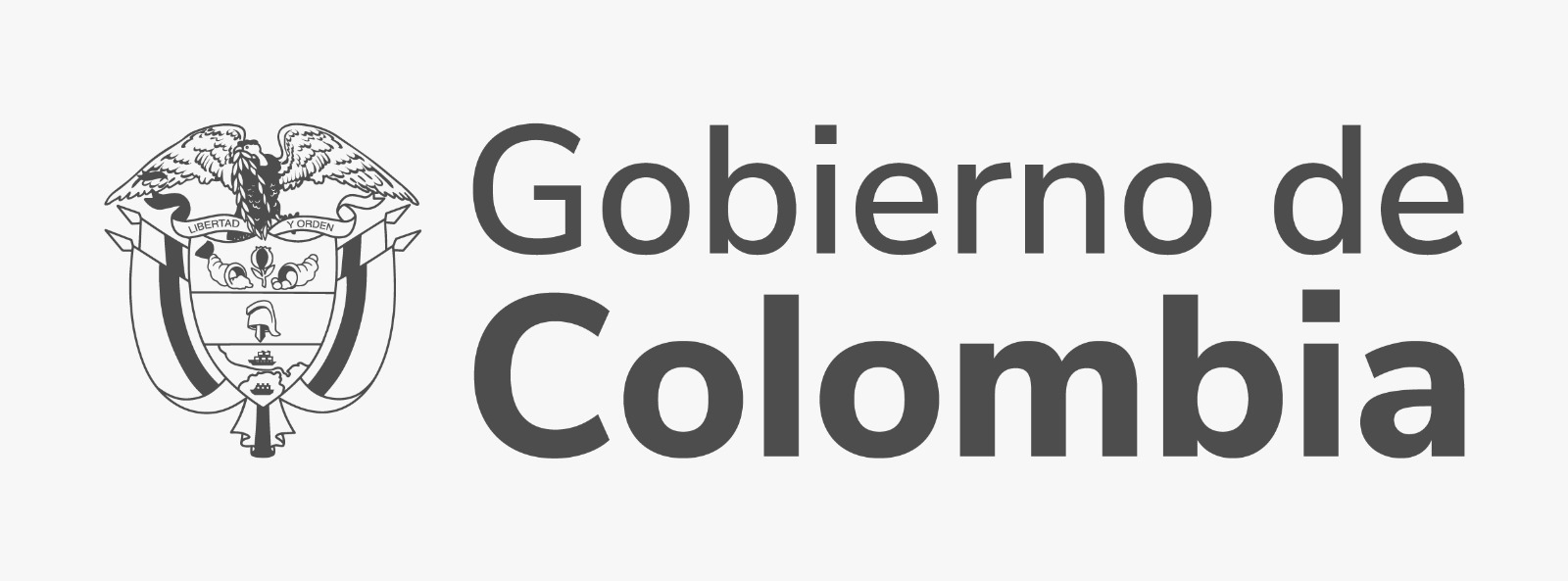The cooperation with the Organization, through the participation projects, is one of the activities carried out by the Colombian National Commission for Cooperation with UNESCO.
The thematic entities belonging to the National Commission for Cooperation with UNESCO play a very important role in this process as technical bodies in the representative sectors of UNESCO: Education, Culture, Communication and Information, Exact and Natural Sciences, and the Social Sciences.
Said entities evaluate the projects and submit them to the Executive Secretariat which, in turn, submits a maximum of ten projects to the Organization according to the established parameters. Likewise, they are responsible for the projects belonging to their field of action and, depending on the case, carry them out directly or indirectly.
During the last thirteen two-year periods, the Ministries of National Education and of Culture have been the major executors of the Participation Project budget, as can be seen in the chart below.
Projects by Executing Entity 1986-2011
Ministry of National Education
Ministry of Culture (or COLCULTURA)
COLCIENCIAS
“Luis Carlos Galán” Institute
Ministry of the Environment, Housing and Territorial Development
Executive Secretariat of the National Commission for Cooperation with UNESCO
Valle University
It is then worth highlighting that since 1986, the year chosen as the starting point of this analysis, the most benefited areas have been education and culture as a result of the need of the country of extending the coverage and improving the quality of education.
The thematic distribution of the resources from the participation budget since 1986 can be seen in the chart that appears below.

Projects by thematic area 2008-2011
Social and Human Sciences
Natural and Exact Sciences
Communication and Information
Culture
Education
There were national projects approved within the framework of the Participation, emergency and non-budget program for the 2008 – 2009 two-year period.
The Commission submitted ten national projects and three regional projects within the framework of UNESCOS’s Participation Program for the 2010-2011 period. The following were approved:
- Reactivation of the emergency schooling system in Haiti (a Project by Colombia submitted as cooperation with Haiti).
- Strengthening of the participation of educational communities and the young people in the community and public-interest radio stations.
- The nature of the Colombian culture: alternative cultural traditions to mitigate the impact of climate change.
- Consolidation of the Inter-institutional Technical Committees of Environmental Education –CIDEA, in Spanish– in Colombia, as a management mechanism of the Environmental Education Plans in the territory.
In addition, UNESCO approved the following projects to support reconstruction works after the 2010 seasonal rains:
- Design and Implementation of a Temporary Space at the Marco Fidel Suárez Educational Institution (EI) in the municipality of Ayapel (Córdoba) - (Funds from the Emergency Participation Program).
- Consolidation and Protection of the Albarrada in the Old Area of Santa Cruz de Mompox (Resources from the Intangible Cultural Heritage Fund).
Submittal of initiatives and projects before UNESCO
Communication with UNESCO is carried out through the National Commission for Cooperation with UNESCO, which works with the five action axes promoted by this organization: education, exact and natural sciences, social sciences, culture, communication and information.
Each one of the Entities belonging to the Commission acts as the head of the sector and each and every Project submitted before the Commission should be endorsed by said Entity with the corresponding commitment to carry out a permanent follow-up to the proposed Project. It is in this context that it is suggested that private individuals and entities, as well as the civil society, should directly contact the entities of the government in charge of the topics that, in turn, have access to the Executive Secretariat of the Commission when deemed pertinent.












